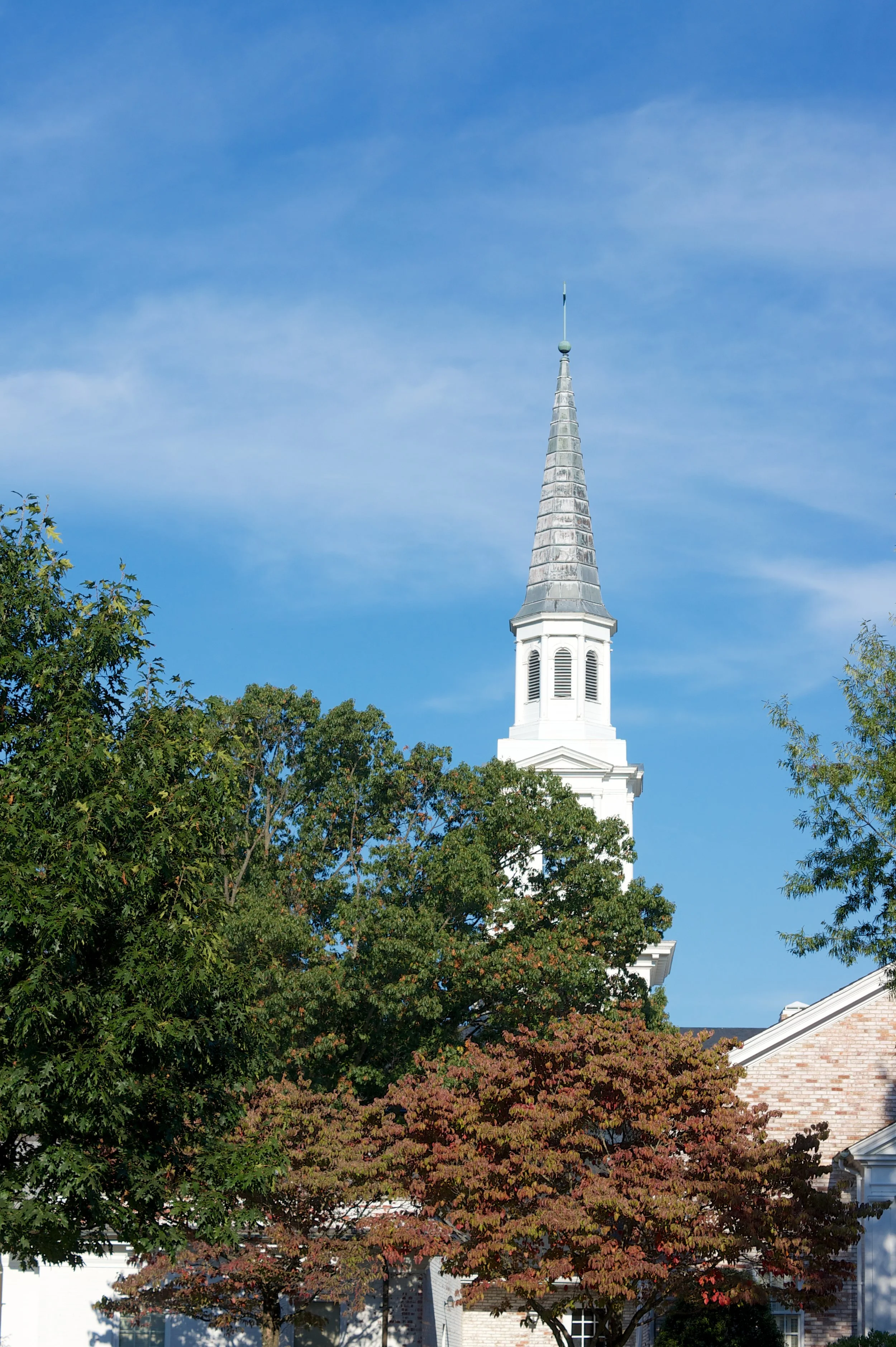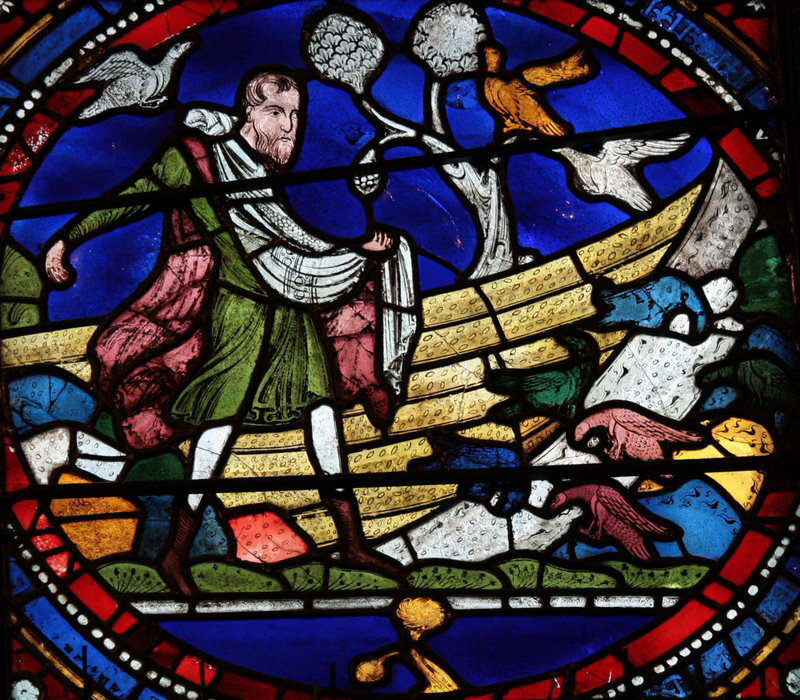Synopsis:
Jesus shares a beloved parable (an earthly story with a heavenly meaning, as the old preachers would say). This is one of the few parables where Jesus tells his disciples exactly what he means because specificity matters. Like saying “Black lives matter,” rather than “All lives matter,” it is important to speak with specificity, so Jesus warns his disciples about the different “soils” of the soul–hard, shallow, and thorny–but that there is good, soft soil in which God is growing good fruit. Within each human heart are all of these soils–no one is 100% evil or 100% good. We all have hard places to till up, but we also have good, soft soil where God is at work in our lives. In David Wilcox’s Carpenter Story, we hear a story about the power of creativity and compassion to help till two hard hearts and reconcile two neighbors, turned enemies, turned friends again by a traveling carpenter.












